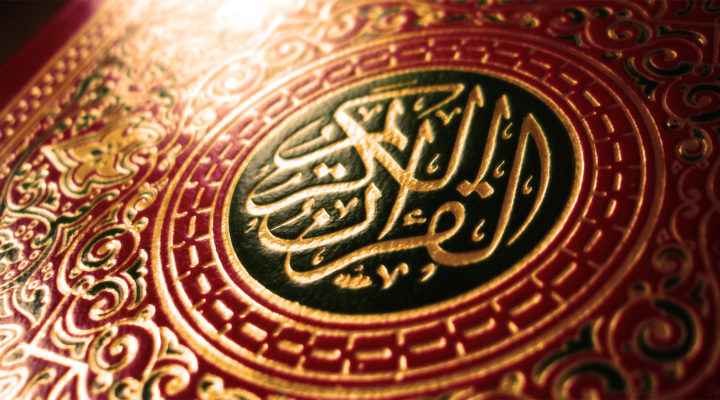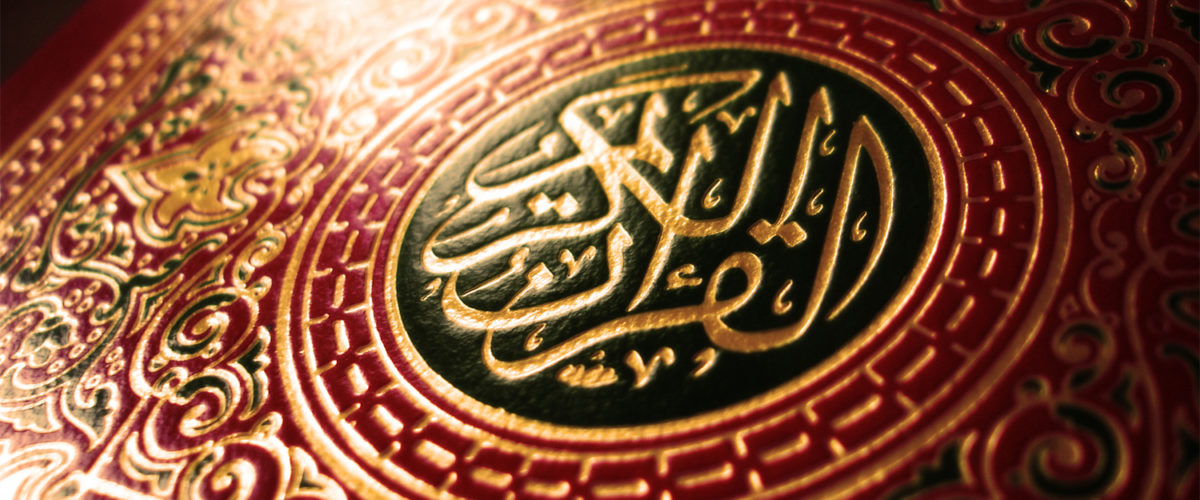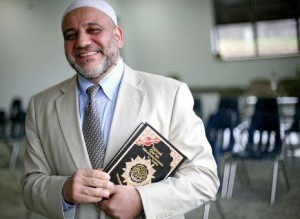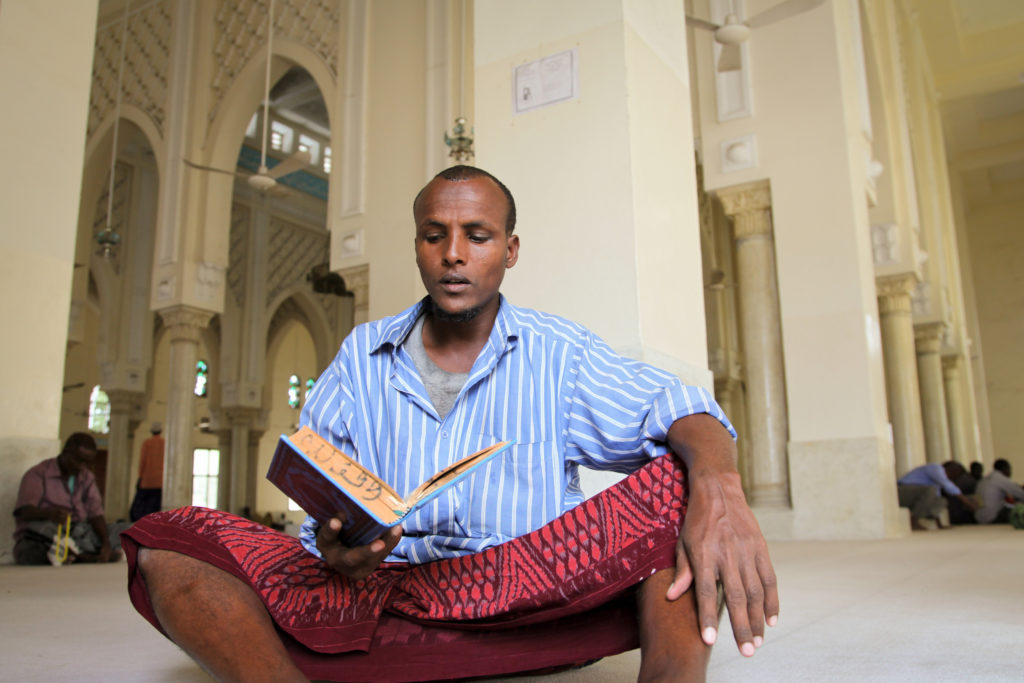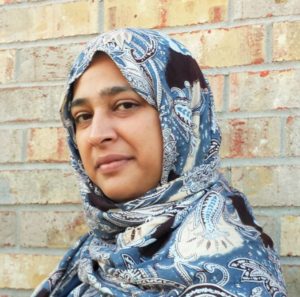Imad Enchassi likens the Muslim holy month of Ramadan to what some Christians described as getting some of that old-time religion.
“I call it a revival camp” for Muslims, said Enchassi, imam of the Islamic Society of Greater Oklahoma City.
Ramadan, which begins today, is an effort to boost piety not only through fasting (from dawn to sunset) from all food, drink and marital intimacy, but also from backbiting, instigating and any other harms to others. And the latter part goes around the clock.
Meanwhile prayer, scripture reading, worship and acts of charity are to be increased.
In other words it’s a month-long revival, Muslim style.
“During this time the prophet said this connectivity to the creator will make a person look at others through the eyes of God,” he said. Likewise his hands will become God’s hands “and he will walk with the feet of God toward righteousness.”
Ramadan is the ninth month of the Islamic calendar and was designated as sacred after the revelation of the Holy Quran, which mandates its observance. During the month, adherents fast, increase giving and read the entire holy book.
‘I am sometimes in awe’
It is often described as a time that gives individuals a spiritual boost – and that can even be true for non-Muslims.
Baptist Nell Green, who has lived and worked in Islamic nations, said seeing Muslim friends observe Ramadan has strengthened her resolve to observe Christian practices like fasting.
“We have thrown away fasting altogether and I don’t find anywhere in scripture where it says to do that,” said Green. She and husband Butch are field personnel for the Cooperative Baptist Fellowship serving in Houston.
Green said she’s encountered churches in Europe and Africa that encourage fasting as their communities appealed to God for certain needs.
“But I have yet to hear that from a church in the United States,” she said. “Why don’t we do that as a community?”
Because Ramadan is a time when Muslims are expected to increase every aspect of their faith, it offers constant teaching moments.
“Parents have to talk to their kids a lot about who they are as Muslims and about why they are doing this,” she said.
It’s something Christian adults could learn from, she said.
“When I watch my Muslim friends and what they go through, I am sometimes in awe of what parents are able to teach their children,” Green said.
‘A big surprise to them’
But educating children about the faith, even during Ramadan, is usually a difficult task requiring a lot of patience, said Saadia Faruqi, an author, interfaith activist and mom who lives in Houston.
Growing up, Faruqi said it took a while for them to grasp that the holy month isn’t only about abstaining from food and drink. They struggled with the concept that abstaining from negative behaviors and anger was also a form of fasting. Ditto when learning they must be more patient and loving toward others.
“Refraining from food and drink is just a small part of it,” she said.
That’s a lesson Faruqi said she also offers to her non-Muslim friends. Often, they are amazed to learn that the fasting during Ramadan, unlike at Lent, is from all food and drink.
“When I tell them you can’t drink a drop of water, that’s a big surprise to them,” Faruqi said.

